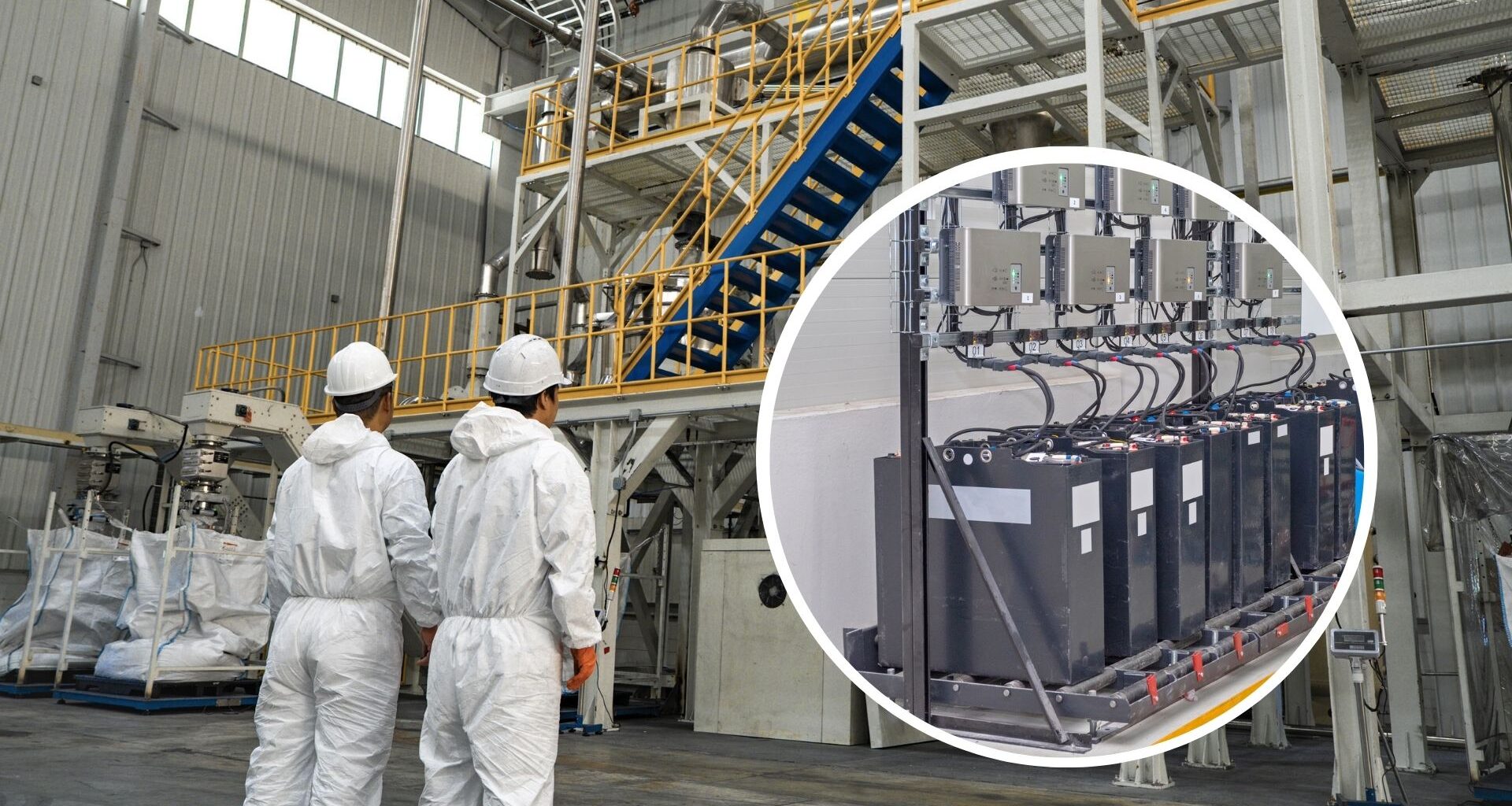A New Jersey-based company has launched a flagship battery recycling facility in Chester, South Carolina.
Princeton NuEnergy’s facility is the United States’ first commercial-scale Advanced Black Mass and battery-grade cathode active material production facility.
The fully commissioned and operational site is regenerating and producing critical battery minerals domestically. The facility is delivering a recycling yield exceeding 97%, according to Princeton NuEnergy.
Recovery yield surpasses industry norms
“In Chester, we demonstrate that the United States can lead in battery materials recovery and manufacturing — not years from now, but today. Our team’s execution has been exceptional, and this facility is our next major advancement in the battery supply chain space,” stated Dr. Chao Yan, Princeton NuEnergy’s co-founder and CEO.
“United States policy is focused on creating a secure domestic energy production and supply chain, and PNE is at the forefront with our best-in-class technology and manufacturing processes.”
Fully permitted and compliant with all regulatory standards, the facility offers a recovery yield that surpasses industry norms and produces high-value downstream feedstock for battery production.
Princeton NuEnergy revealed that in 2026, the Chester facility’s capacity will expand to 15,000 tpa, with the capability to scale up to 50,000 tpa as market demand grows.
“This launch marks a major step in strengthening the domestic critical materials supply chain — and a defining milestone in PNE’s journey to advance the circular battery economy,” said the company in a statement.
Direct recycling technologies
Princeton NuEnergy, which secured over $55 million in grants and strategic and venture funding, currently operates a joint pilot facility with a co-located partner in McKinney, Texas, that is further advancing its direct recycling technologies and capabilities.
Nationally, PNE is building a network dedicated to U.S. closed-loop battery material recovery and production. In Princeton, New Jersey, PNE has launched a Materials Testing Center, the largest in the U.S. northeast, for third-party validation and downstream application testing, providing a critical resource to accelerate United States battery manufacturing, according to a press release.
Princeton NuEnergy also revealed that its low-temperature plasma-assisted separation process (LPAS) produces battery-grade cathode and anode materials that can be directly reused in cell manufacturing—achieving a 38% reduction in cost and a 69% lower environmental footprint compared to conventional methods.
Operations advance circular battery economy
The operations of the facility ensure a secure U.S. battery supply chain, advancing the circular battery economy.
A circular battery economy means materials stay in-country, from genesis to end-of-life recycling and remanufacturing. Battery feedstock comes from various consumer goods and industrial sources, including mobile phones and computers, batteries from children’s toys, electric vehicles, and industrial energy storage facilities, according to Princeton NuEnergy.
The process is claimed to be a cleaner, faster, and more sustainable Li-ion battery recycling and materials production solution.
Developed from research started at Princeton University, PNE’s patented, low-temperature, plasma-assisted separation process (LPAS) recovers almost 97 percent of lithium-ion materials found in all lithium-ion battery chemistries. PNE’s direct recycling process is significantly cleaner, faster, and less costly than traditional recycling or virgin cathode production.

